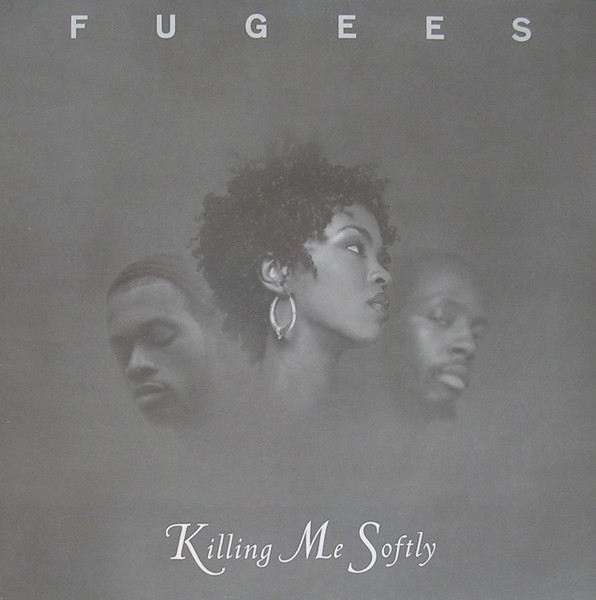4. The Fugees

I was 14. I went to a majority white school and was seen as a ‘Bounty’ because I did my work. My relationship with my Blackness was very tenuous. People didn’t think I acted correctly. I was a Jehovah’s Witness. So, when this song came on Radio One and it felt like gospel, I thought oh my god, I’m not going to hear the end of this. If it’s on Radio One, it’s commercial. All of that stupid bullying I got was about to be absolutely compounded by this track.
Then it went to number one and everybody loved it. OK, now I can listen to this track and appreciate Lauryn Hill for the singer she is. It spoke to my Blackness in a way that wasn’t cheesy or that I wanted to escape from and to my Christianity in a way I wasn’t embarrassed by. It was allowed because Lauryn was such an amazing singer. Because she was hip hop. Lauryn was a rapper. She was stunning. After Naomi Campbell in the Michael Jackson’s [‘In The Closet’] video, she was the second black woman I wanted to be, the first woman I really identified with. I want to be you. I want to have your lips, your eyes, your skin and your voice. I no longer wanted to escape from my Blackness, to look ‘normal’, to look white, because that was all I had around me. This is the thing when you’re an intersectional person: everything is intersectional. Something like this song can take on so much resonance and meaning.
The other thing with this song is my mum loved it. When Lauryn performed it on Top Of The Pops, and I wrote this straight into the book, we were transfixed. To see a Black woman being a Black woman, with her hair, her dark skin, her husky voice, literally just being the best performer Top Of The Pops ever had sing live, with loads of white people in the audience looking up to her, thinking ‘oh my god, you are amazing?’ That meant something.
What happens to Lauryn Hill after The Miseducation is very difficult to see. What is it about success? What is it about being a high achieving Black person that causes these problems? If I’d published my first novel before the reckoning I had with my Blackness, between 2012 and 2015 I would’ve gone through the same. I’m thankful I didn’t grow up in public and I could have my moment of self-doubt and self-exploration, learn from it and then translate it into a book so that other people could read and maybe not go through what I went through. You cannot be what you cannot see. Old saying, I know. But I wish I had Rainbow Milk to read when I was a kid.


